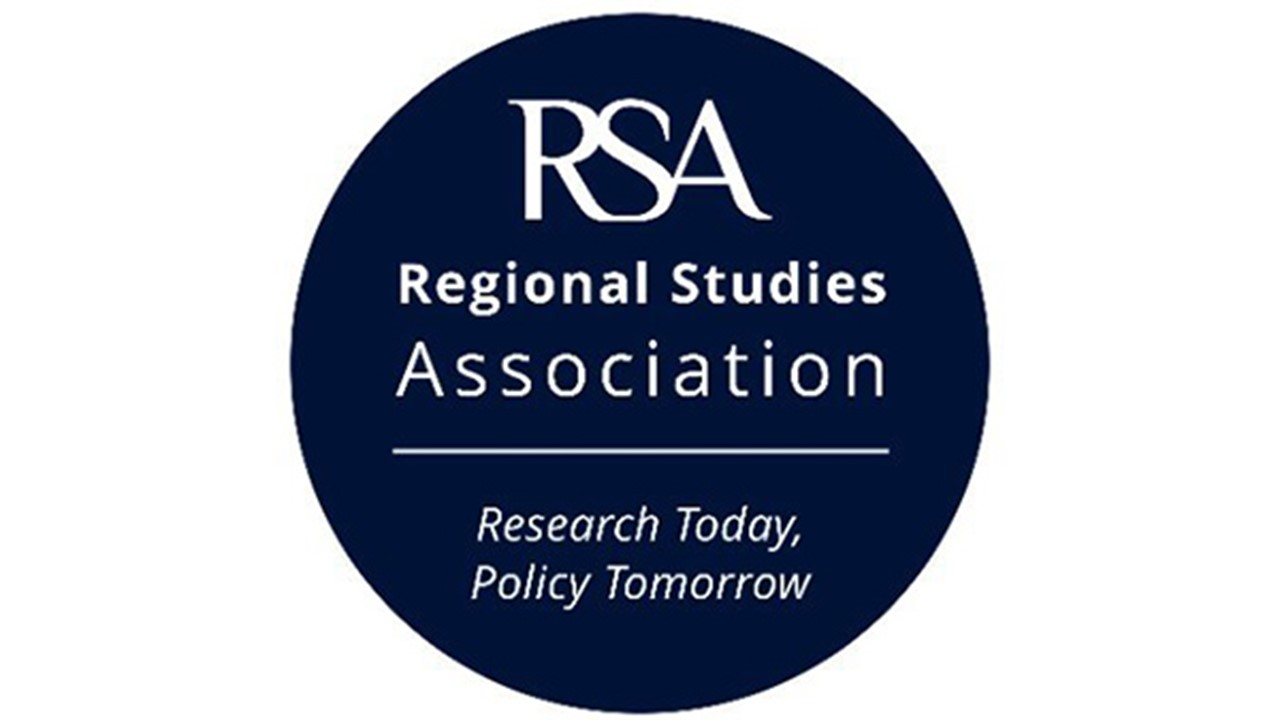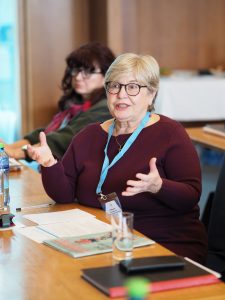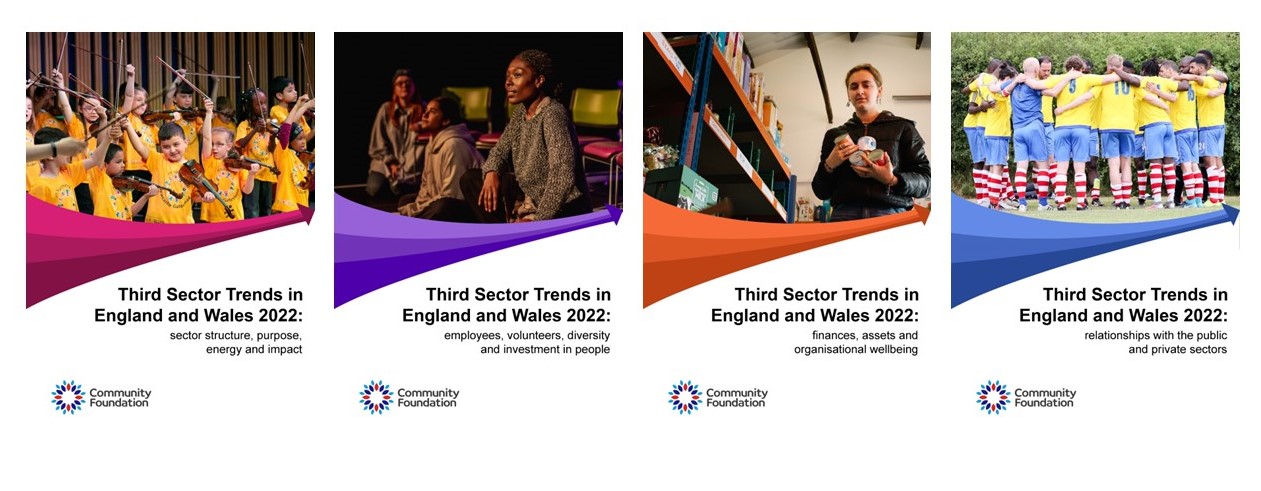
The Third Sector Trends Study is the largest and longest running survey of the voluntary, community and social enterprise sector in the UK. As a longitudinal study, it was designed to explore the structure, dynamics, purpose, energy and impact of the sector in the context of change.
After another long period of ups and downs and twists and turns in the voluntary sector, Third Sector Trends is back in England and Wales to see how social, political and economic change has affected the way organisations work and what they achieve.
Many charities, social enterprises, cooperatives, CICs, clubs and societies have been helping with this study every three years since 2010. We’re now asking them to take part again. And if a new organisation, we’re just as keen to see what they do, how things are going and what they’re achieving.
Whether big or small – thriving, struggling or just going along as normal – we need to hear from all types of organisations and groups. It’s quick and easy to do, interesting and really helps to build a picture about how the voluntary sector responds to change and initiates change in society.
It’s completely confidential, incredibly relevant to the voluntary sector and those who support it and only happens every three years. So please tell us how it’s going and have your say on what you think the future holds.
The study closed on 30th September 2025, after collecting 8,680 responses.
What will be explored in 2025?
In this seventh iteration of the study, the aim is to get at least 6,000 responses (and a minimum of 500 responses in each English region and in Wales if we can) to produce comparable data for time-series analysis – but we’re hoping for 7,500 responses.
We’re going to be exploring in more depth issues surrounding:
- Sector leadership – and we’ll try to determine what gets leaders want to get up in the morning and what makes them worry at night. And being a big study, we’ll get a sense of where there’s evidence of leadership vitality.
- The environment: nobody really knows much the sector contributes to the environment – so we’re going to look at that, focusing not just on reducing energy and recycling, but also bio diversity and contributing to liveability.
- Campaigning and influencing: in 2022 we did ground-breaking work on attitudes to campaigning and influencing – this time we want to know if anyone out there is listening – especially in relation do local devolution agendas.
- Sector vitality: we hear a lot about the third sector playing a vital role in society – but what underpins that? We need to get a better idea on what creates ‘vitality’ within the sector – is it about responding to demand or is about initiating change?
The study will also use its longitudinal data to focus on the following trends:
- How has sector structure changed? This will include analysis by organisational location, organisational size, age, legal form, purpose, and spatial range of activity. Special emphasis will be placed on changes in patterns of sector funding.
- Are there signs of change in sector purpose? The study has assessed the impact of a long period of government austerity policy in the last decade, the Coronavirus pandemic in 2020-21 and currently ‘cost of living crisis’ (2025 survey). We will be in a unique position to examine how responsive the Third Sector has been to changing needs.
- Has the ‘people energy’ of the sector changed? In 2022, it was clear that the sector was struggling to recruit and retain employees. We need to see how organisations are faring with more pressures imposed upon them with raised National Insurance cost, rising wages and lower levels of labour market participation. The regular volunteer workforce declined after Covid-19, we need to know whether the sector has recovered – and if not, to identify critical areas of decline.
- Relationships with trusts and foundations. During the Covid-19 crisis, many trusts and foundations relaxed their grant-making practices. In 2025 we intend to examine how the quality and depth of relationships with trusts and foundations has changed – or has reverted to previous patterns prior to the pandemic.
- Relationships with public sector and health organisations It is often claimed that there has been a progressive shift towards devolved decision making in the public and health sectors. In tandem, such policies claim to be committed to involve the Third Sector. But how does that feel on the ground to voluntary sector organisations? We intend to find out.
- Relationships within the Third Sector In the aftermath of the pandemic, the extent of intra-sector working declined to some extent. We need to know whether this has bounced back now that organisations are free to work without restriction. More importantly, we need to look at how productive those relationships are in impact terms
- Sector social impact. Crucially, the study will update its analysis on sector impact at both national and regional levels using the well-established methodology developed by this study.
More detail about the study
The study is designed to complement rather than compete with existing studies such as NCVO’s Civil Society Almanac and build on data produced by 360 Giving on sector grant funding.
The study was initiated in 2008 by Northern Rock Foundation. Community Foundation North East is now responsible for its legacy. In 2025 the study is being supported financially by Community Foundation North East, Lloyds Bank Foundation England and Wales, Wales Council for Voluntary Action and Millfield House Foundation
Since 2012, the research programme has been run by Policy&Practice, St Chad’s College, Durham since when, its geographical coverage expanded, first to Yorkshire & Humber in 2013, to the whole of the North of England in 2016 and to England and Wales in 2019.
In the run up to the launch of the survey, all community foundations and local infrastructure organisations across England and Wales have been contacted to seek their support to build the sample. We’re getting a very strong response, as always, and hope that this will raise the profile of the study and increase the chances of hitting our target of at least 500 in every English region and across Wales.
Research methodology and analytical techniques
Third Sector Trends is an online survey which draws in large numbers of respondents so that in-depth comparative and time-series analysis can be undertaken. But no survey can be big enough to generate accurate data on sector structure or finance.
Consequently, baseline data are constructed from sector registers including the Charity Commission, CIC register, CASC register and Register of Societies (including cooperatives, community benefit societies, credit unions, etc.). These data, which are mapped geographically, can then be used to ‘scale up’ survey findings. We can do this by types of area such as nations and regions, but also by the indices of multiple deprivation, urban-rural distinctions or by the density of the local ethnic minority population.
The triennial survey involves intensive work over an extended fieldwork period to build a large sample. In 2025 the survey will begin in June and run to the middle of July. It is then paused for the summer and returns in September for four more weeks. The survey will be hosted by Online Surveys which allows people to take part on their PC, laptop, tablet or smartphone.
More information on the study’s history, aims, methodology and publications can be located here: Third Sector Trends in England and Wales – St Chad’s College Durham

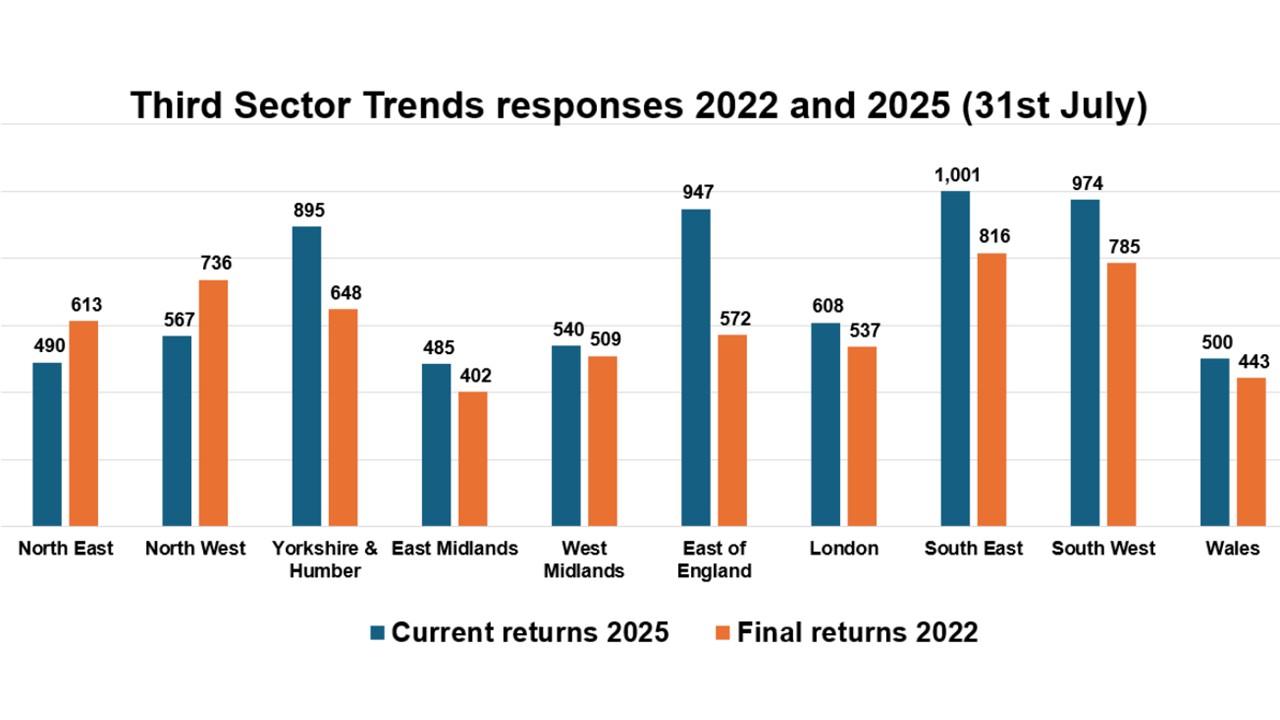

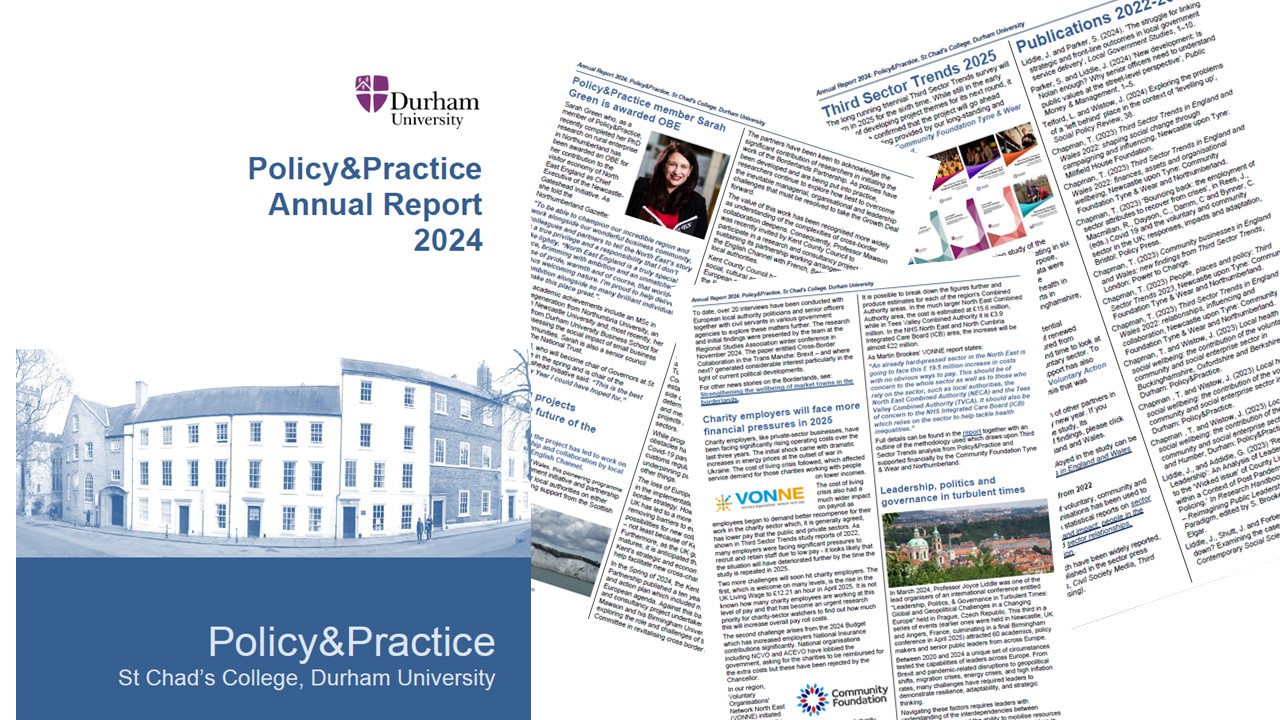
 Thanks to Wolf Blur for photograph, http://wolfblur.de/index.php/zu-meiner-person
Thanks to Wolf Blur for photograph, http://wolfblur.de/index.php/zu-meiner-person